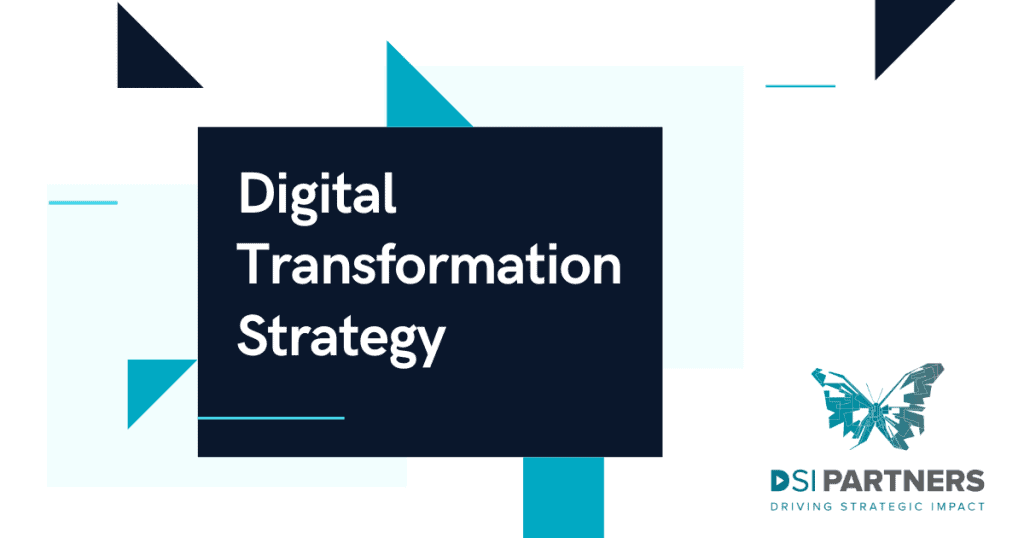Digital transformation is an organizational change using digital technologies and business models to improve performance on a digital basis. One or more digital technologies are the core of the transformation and it involves people and business processes and models review. The benefits associated to digital transformation are:
- Eliminating time-consuming manual processes via business process automation
- Increasing customer satisfaction via improved customer experience
- Improved & efficient decision-making through real-time data collection
- Increased flexibility and scalability
- Enhanced reliability and reduced risk
- Keep your business objectives in mind
However, less than 15% of “Digital Transformations” meet or exceed expectations. The reason for the failure of many digital transformation programs has little to do with ambition and technology. It is mostly about execution.
The digital transformation, at scale, does not respect any of the traditional organizational limits that we create. Most companies do not fully understand the problem they face. The urgency of change creates many functions used to manage change. If not well managed, they delay transformation as they introduce levels of debate and new tools and overhead. Complex entanglement grows as interdependence, scale and dynamism increase, which ensures that digital transformation often becomes a frustrating experience.
The approach needs to go beyond “change management” to the “digital orchestration”. Through digital orchestration, companies can promote change on several fronts, adopting a highly connected approach.
A digital transformation needs to create value for the customer, its business model and strategy. A good digital transformation needs to be accurate, realistic, inclusive, succinct and measurable.
The silo-based transformation will not work. A significant transformation means that we must be connected and orchestrated at the level of the Board and the senior management team. The CEO and the senior team must define the transformation ambition based on the guiding objectives and they must fully support it.
It is important to know how to develop the tools to deliver the digital transformation: business architecture maps, transformation networks, business transformation leads and develop agility within the organization. In addition to that, companies need specific orchestration skills to have the chance to transform successfully. They are: mapping the customer journey, business model design, business architecture, capacity assessment, and communication, incubation and escalation platforms, internal risk financing, agile ways of working, digital business agility.
All of this means that your digital transformation process requires a strategic ally to accompany you in your change process. Talk to DSI Partners, we will be ready to help you understand your digital ambition and orchestrate your digital transformation.


